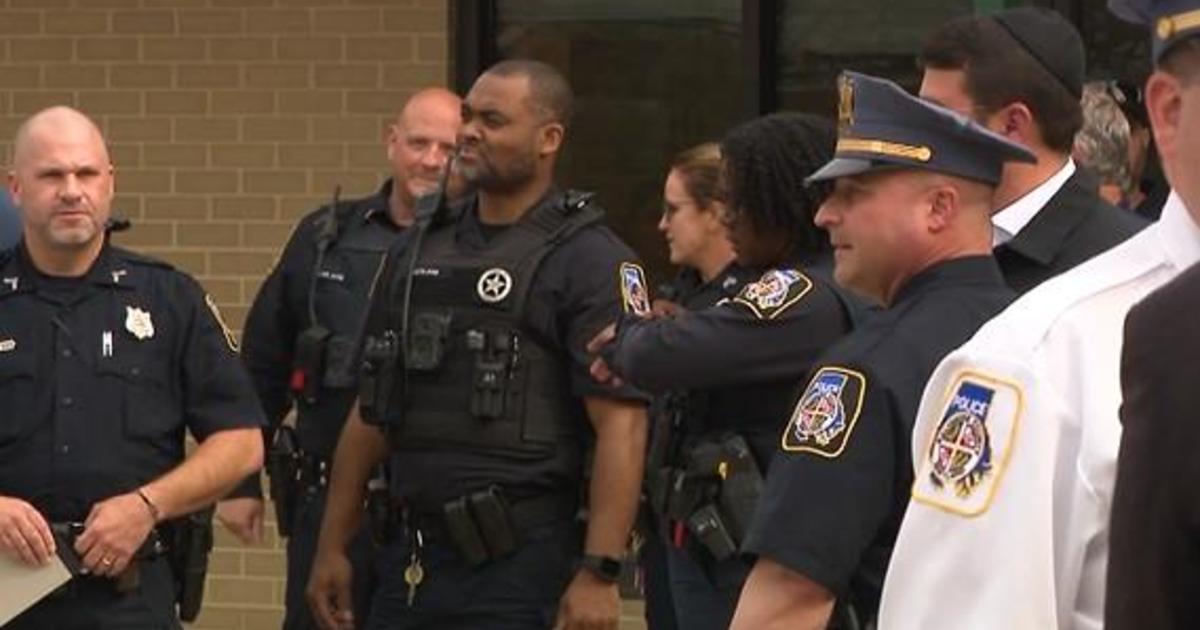Maryland Man Sentenced 57 Months In Federal Prison, Forfeits $5.7M For Dark Web Drug Distribution
BALTIMORE (WJZ) — A Reisterstown man has been sentenced to 57 months in prison Friday, followed by three years of supervised release, for drug distribution and money laundering conspiracies.
The charges arose from a scheme to manufacture and distribute alprazolam tablets, which are typically sold under the brand name "Xanax," through sales on the dark web in exchange for Bitcoin.
Ryan Farace, 34, and his co-conspirator, Robert Swain, laundered the drug proceeds through financial transactions designed to conceal the source and ownership of illegal funds.
A judge ordered that Farace must forfeit a money judgment equal to $5,665,000 and 4,000 Bitcoin. Farace was also ordered to forfeit assets seized by law enforcement during a search warrant last January, including around $1.5 million in cash, 1.100 bitcoin and approximately $2.5 million in computer equipment.
Swain, 34, of Freeland, Md., previously pled guilty to the money laundering conspiracy and faces a maximum of 20 years in prison at his sentencing on January 25, 2019.
According to his plea agreement, from November 2013 through June 2017, Farace bought narcotics manufacturing equipment including pill presses and counterfeit "Xanax" pill molds, which he used to press loose alprazolam powder into tablet or pill form.
Farace solicited orders for the alprazolam pills on dark web marketplaces and sold alprazolam pills directly to buyers in exchange for Bitcoin.
The dark web is a part of the Internet that requires specific software, configurations or authorization to access, allowing users and website operators to remain anonymous.
Dark web marketplaces typically use Bitcoin or other digital currency as the means of payment for their transactions. Bitcoin is a form of digital currency that does not exist in any physical form, nor is it controlled by any government, bank or company.
Farace admitted that he communicated with his customers through encrypted electronic messages, and shipped the pill orders through the U.S. mail.
He admitted that he used postage for these packages paid through pre-paid debit cards that he got from the names of other people. Law enforcement found fake drivers' licenses in the names of those people, one with Farace's picture.
Farace distributed more than 920,000 alprazolam pills between December 2013 and March 2017.
From at least July 2015 until February 2017, Farace and Swain conspired with others to launder the proceeds of the illegal drug sales. Farace used pseudonyms to contact a co-conspirator through dark web marketplaces and encrypted messages to exchange Bitcoin he got from his drug trafficking for cash.
The co-conspirator would then mail or ship packages of U.S. currency equivalent to Bitcoin he got to mailing addresses given by Farace.
To hide that he was receiving cash, Farace, and later Swain, opened post office boxes at U.S. Post Offices and private rental mailboxes in fake names.
Swain knew that Farace was receiving cash and drugs at these mailboxes and that the cash was the proceeds of Farace's drug trafficking. During the course of the conspiracy, Farace received more than $5 million in cash, through the mails, which he had exchanged for Bitcoin earned from drug trafficking.
Farace and Swain drove to New Jersey so that Swain could collect $200,000 in cash that Farace had exchanged for Bitcoin.
During an in-person meeting on February 16, 2017, Swain provided a fictitious name to the person he met and falsely stated that the Bitcoin and cash were his own.
They both also later tried unsuccessfully to exchange Bitcoin for $400,000 in cash with the same individual.
Follow @WJZ on Twitter and like WJZ-TV | CBS Baltimore on Facebook



